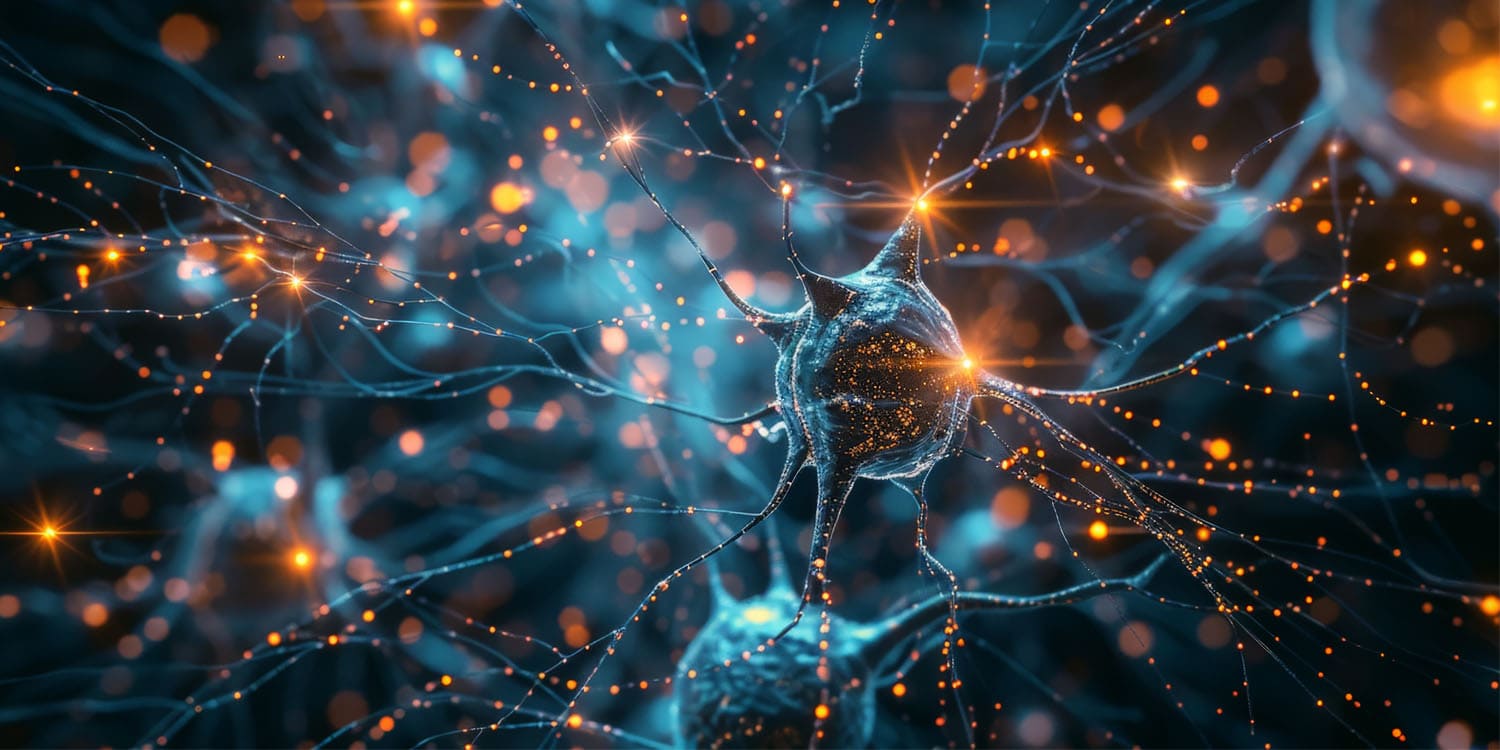


A recent study published in the Journal of Neurophysiology has provided new insights into how psilocybin affects the auditory perception of awake mice. The research indicates that psilocybin influences the balance between intrinsic neural activity and stimulus-driven responses in the auditory cortex, which may shed light on the compound’s broader effects on perception and its therapeutic potential.
Psilocybin is a naturally occurring psychedelic compound found in certain mushrooms, known for inducing altered states of consciousness, including changes in perception, mood, and cognition. It is being studied for its potential therapeutic benefits in treating mental health conditions such as depression and anxiety. Despite its potential, the precise mechanisms through which psilocybin alters brain function and perception remain poorly understood.
Previous studies have demonstrated that psilocybin increases neural activity in various brain regions and alters brain-wide activity patterns in humans. However, little was known about its effects on sensory processing, specifically in the auditory cortex, which is crucial for processing sounds and music.
“Psychedelics show significant therapeutic potential in mental health, yet there remains a substantial gap in our understanding of how these drugs affect brain function. As a researcher focused on the neurobiology of hearing, psychedelics are powerful tools to study the neural circuits responsible for auditory perception,” said study author Nikolas A. Francis, an assistant professor of biology at the University of Maryland.
The researchers employed two-photon imaging, a technique that allows high-resolution visualization of neural activity, to study the primary auditory cortex (A1) in awake mice. This method enabled them to monitor changes in neuronal activity in real-time.
To understand the behavioral effects of psilocybin, the team used a custom-built video tracking arena. Mice were placed in an illuminated acrylic box, and their movements were recorded at high frame rates. The researchers analyzed the videos to quantify the extent and patterns of mouse movement, comparing behavior before and after psilocybin administration.
During imaging sessions, mice were exposed to pure-tone auditory stimuli. The researchers presented tones at various frequencies and monitored the neural responses using a setup that included a calibrated speaker and a custom Matlab software for stimulus presentation. The imaging experiments were divided into pre-injection, immediate post-injection, and delayed post-injection sessions to capture the time-course of psilocybin’s effects.
Immediately after psilocybin administration, the researchers observed that neurons in the auditory cortex exhibited heightened responsiveness to sound stimuli. This initial increase in neural activity was followed by a significant decrease in responsiveness approximately 30 minutes post-injection. These findings suggest a biphasic effect of psilocybin on neural activity, with an initial excitatory phase followed by a more subdued state.
Interestingly, while the neural responsiveness changed, the frequency tuning of neurons—how they respond to different sound frequencies—remained stable. This means that even though the neurons became more or less active, their ability to distinguish different tones did not change. This stability in frequency tuning indicates that psilocybin affects the overall activity levels without altering the fundamental auditory processing capabilities of the neurons.
Additionally, the study found that psilocybin increased functional connectivity within the auditory cortex. This was evidenced by higher correlations in neural activity patterns between pairs of neurons, suggesting enhanced communication within the neural network.
Behaviorally, mice treated with psilocybin showed a significant decrease in activity levels after an initial period of exploration. This hypoactive state aligned with the timing of reduced neural responsiveness, indicating a link between the brain’s auditory processing and overall behavior under the influence of psilocybin.
“Our study reveals that psilocybin, a serotonergic psychedelic, alters neuronal communication and responses to sound in auditory cortex,” Francis told PsyPost. “In the long term, we plan to investigate how psychedelics affect the neurobiology underlying two critical aspects of auditory perception — pitch and timbre.”
The study, “Psilocybin decreases neural responsiveness and increases functional connectivity while preserving pure-tone frequency selectivity in mouse auditory cortex,” was authored by Adam T. Brockett and Nikolas A. Francis.